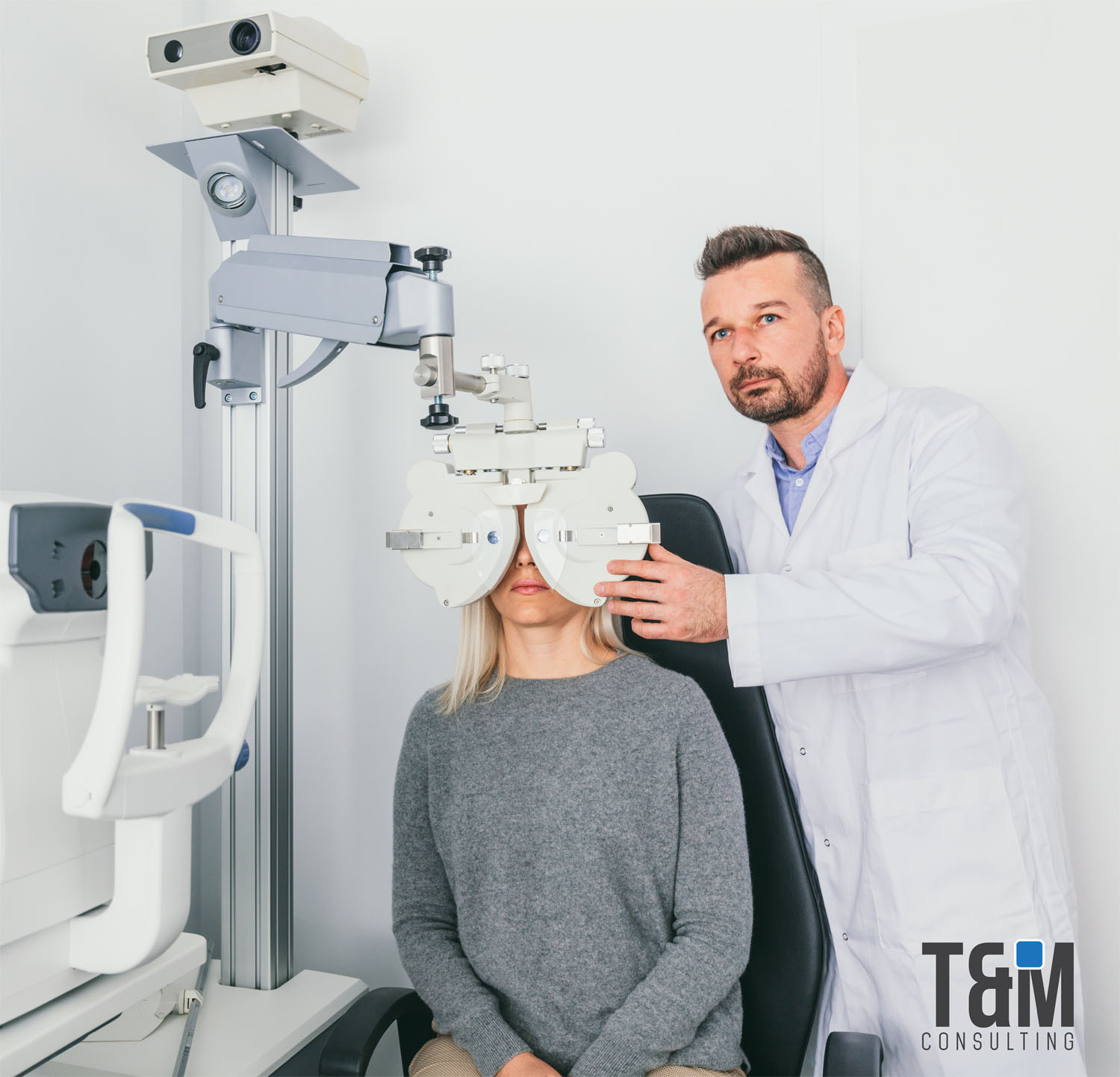Presented at CES 2020 by Toyota, Woven City is a futuristic proposal for a city, based on sustainable design and healthy architecture, where ecology and technology are synchronized to offer a pleasant environment to its inhabitants.
“Building a complete city from scratch, even on a small scale like this, is a unique opportunity to develop future technologies, including a digital operating system. With people, buildings and vehicles connected and communicating with each other through data and sensors, we will be able to test Artificial Intelligence technology… in both the virtual and physical realms… maximizing its potential,” said Akio Toyoda, president, Toyota Motor Corporation during the research.
It will be located at the foot of Japan’s Mount Fuji, covering a 70 hectare site. The project was designed so that the city would be completely sustainable, the buildings would be made primarily of wood to reduce the carbon footprint, using traditional Japanese carpentry and combined with robotic production methods. The roofs of the houses will be covered with photovoltaic panels to generate solar energy in addition to the energy generated by hydrogen fuel cells.
Additionally, the city will be surrounded by native vegetation and hydroponics.
The houses will be equipped with the latest technology, as well as home robotics that will help in the activities of daily life. It is worth noting that sensor-based AI will be used to check the health of the inhabitants.
The first inhabitants of Woven City, estimated at 2,000, will be employees of Toyota Motor Corporation and their families, retired couples, visiting scientists and industry partners. As the project evolves, more people will join the city.
The project was designed by Danish architect Bjarke Ingels, a board member of BIG (Bjarke Ingels Group), developers of 2 World Trade Centers in New York, Lego House in Denmark and the Google and Mountain View sites in London.

